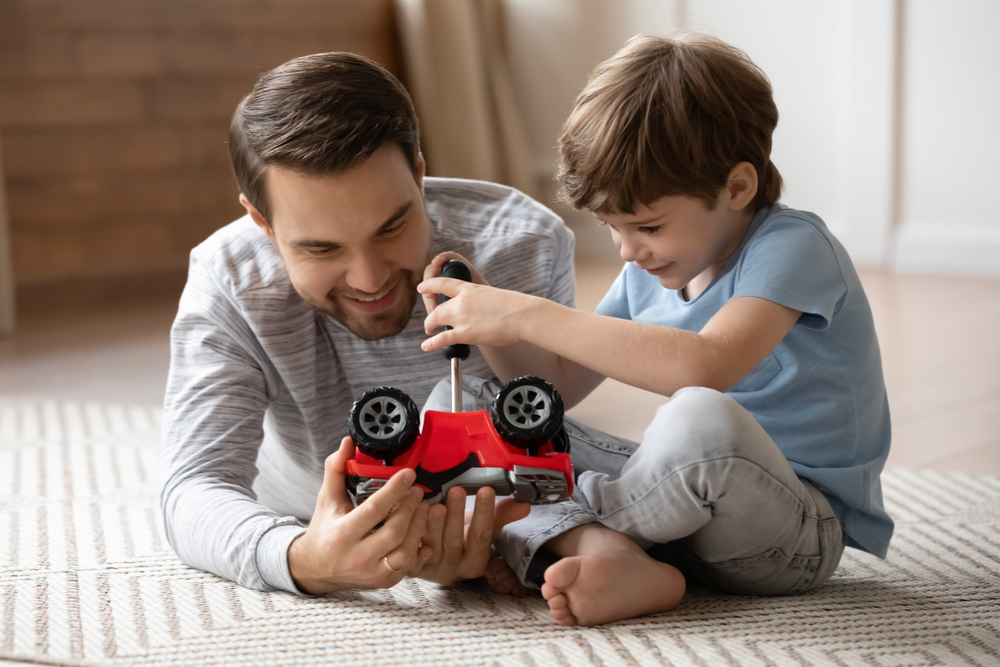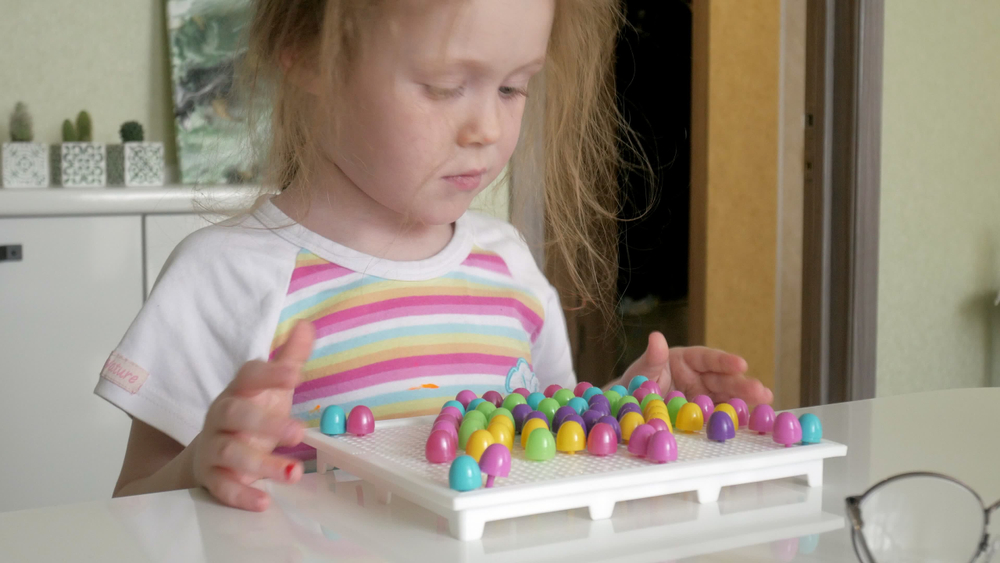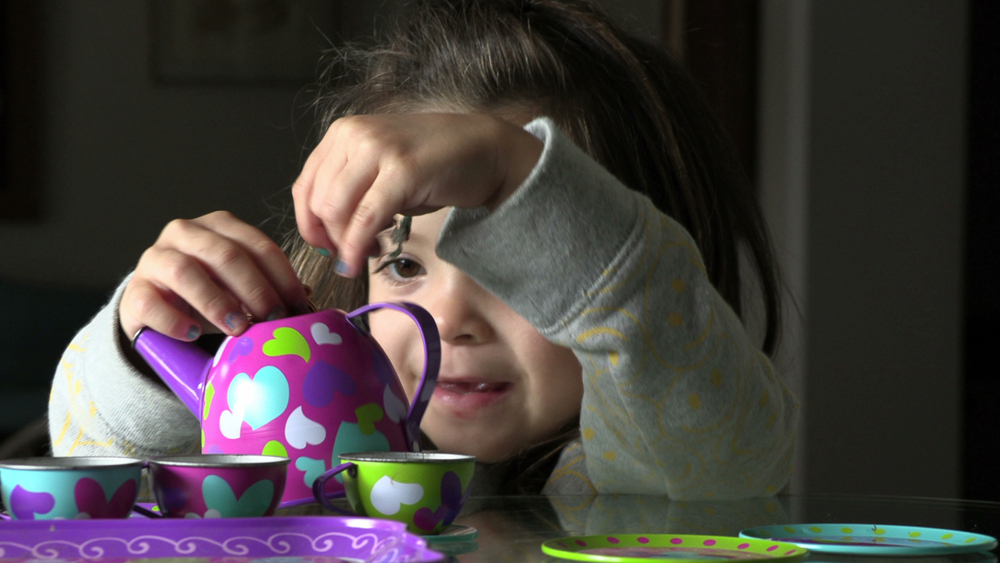About Autism
Our understanding of autism continues to evolve. In this section, you’ll find links to more resources on autism, along with information on how Child Autism UK uses Applied Behavior Analysis to find the right approach for every child.
More information
Find out how Applied Behaviour Analysis (ABA) helps autistic children.
We recognise and celebrate the autism and other neurological differences.




